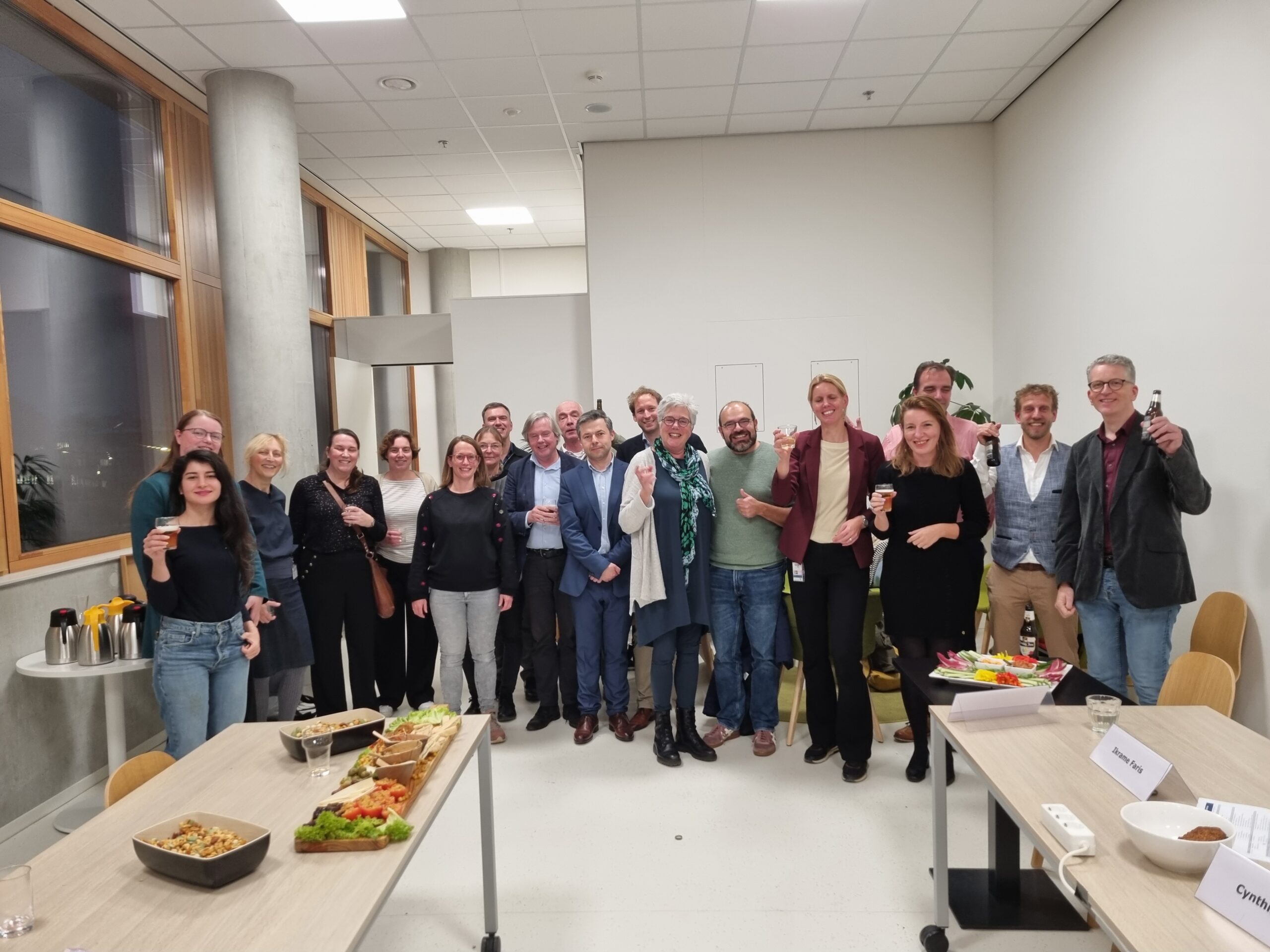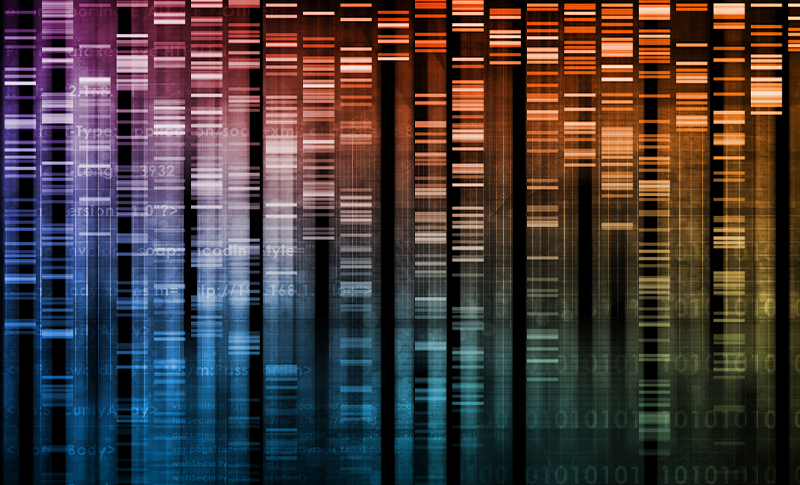Plans for a Wageningen data science programme were revealed last year. These plans have now been further detailed by a working group and have been approved by the Student Staff Council (SSC).
The SSC did not approve the new programme immediately, says Evan Ackermans, a student member of the council. ‘The programme must combine data science and life sciences, and, although this intent was clear in the plans, precisely how life sciences are included in the courses remained unclear. That is why we voted “against, unless”. This means we would approve as soon as this had been sufficiently clarified.’
The Executive Board (EB) subsequently submitted additional information, including the learning results per course and examples of life sciences content. ‘This clarified how students will gain specific life sciences knowledge through this course’, says SSC member Vera Putker. ‘We were satisfied with the additional clarifications and, hence, changed our vore form nay to yea.’
Translate
What about the programme: what is the idea behind this new track? ‘There are currently life science specialists and data science specialists, Putker says. I, for example, am a Plant Sciences PhD candidate. If I want to use large datasets in my research, I am the one doing the lab work. The data is then processed by a data specialist. But, because they lack a background in life sciences, we don’t always see eye-to-eye, which means our individual strengths are not used to their full potential. This new bachelor programme can bridge the gap between specialisations so that we will have data scientists who are better equipped to understand the implications of the data because they can translate them to the domain of life sciences.’
Other data science programmes in Eindhoven and Twente are more technical and focus on AI and machine learning, Putker explains. ‘By combining data science and life sciences, WUR has something unique to offer.’
Timeline
Several steps remain following the co-determination council’s approval before the new programme can be launched. The university has recently requested a so-called ‘macro efficacy test’, which means the Minister of Education, Culture and Science will commission an investigation into whether there is sufficient demand for the programme. If The Hague also gives the green light, there is a final step: the Dutch-Flemish Accreditation Organisation test for new programmes. If that goes well, the Data Science for Agri-Food, Health & Environment programme is expected to launch in the 2025/2026 academic year.

 Illustration Shutterstock
Illustration Shutterstock 

